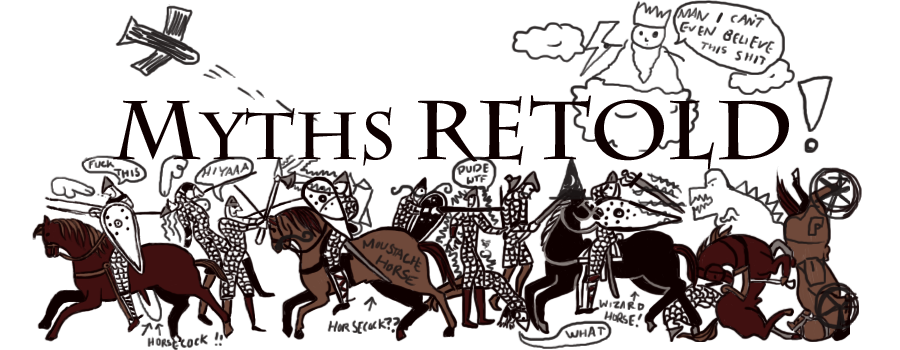I know I like swimming because it’s a pain in the ass and I still do it. I need earplugs, because my sinuses are a Borgesian labyrinth optimized for harboring infection. I need goggles, which leave red rings around my eyes. I need swim trunks, which become a wad of wet fabric I have to carry around when I’m done. And what do I get for all my trouble? A fifty-meter-long trough of water to swim back and forth in.
When I imagine spending thirty minutes walking back and forth between the walls of a fifty-meter room, it sounds to me like the sort of exercise one might devise for convicts. Replace the room with a pit full of chemically treated, room-temperature water, though, and I’m all in, baby. I’ve been told this is because I’m a “water sign,” but I refuse to look up what that means, and also it feels like a ridiculous explanation. What, do “fire signs” love being on fire?
There’s nothing quite like that first moment in the water, when I push off from the wall, and my head goes under, and I see all the little tiles glide past me down below. I can’t listen to headphones in the water; all I can do is think. One of the things I think about is, why do I like doing this so much?
I’ve long believed that the most devout members of any religion are those who discovered it at a time when it provided exactly what they needed. The most fervent born-again Christians I’ve ever met were recovering addicts and reformed gang members, acquainted as they were with the depths of sin and the craving for forgiveness. I recently met a Satanist who told me, in a room full of assorted human skulls, that he had spent the first half of his life chasing a conventional ideal of financial success, before realizing that doing what he was told did not make him happy. For someone bound up in a prison of rules and expectations, the philosophy of Satan must have been a great relief.
Exercise has a lot in common with religion. We do it on specific days, in specific places, wearing special clothes and following prescribed rituals of repetitive action. And as with religions, I think different exercises make sense to different people. Running makes me sweaty, and hurts my knees, and aggravates my athsma. One of my closest friends can hardly go a day without it. The freedom and the speed and the exploration of it erases the physical discomfort for him — makes it joyful, even.
When I was little, I almost drowned in the Pacific Ocean. I got ripped out to sea by an undertow, and only made it back due to the quick thinking of a stranger on the shore. A couple years ago, I nearly drowned myself at Illinois State Beach, swimming out to rescue someone’s beach ball. Earlier this year I was lucky enough to visit the south of France, where I nearly drowned myself swimming out to a floating platform off the beach, against a heavy current. There is no better feeling than not drowning. Nothing else makes you so grateful for air. In a world of complicated problems, drowning is a very, very simple one, and in that way it is a relief.
Most of the time when I am swimming I am not drowning. That’s good too. I savor the weightless, frictionless movement. I feel so fast, despite hardly moving above walking speed. My breathing is so regular, so synchronized with the rest of my body. The longer I do it, paradoxically, the less tired I feel.
I feel tired most of the time. It’s a symptom of depression. I experience depression as an enormous weight, crushing me, immobilizing me, offering no escape but to disappear into the ground. I take medication for depression, and I feel like what it gives me is a lever and a place to stand — somewhere to plant my feet, while I shoulder the crushing weight.
And that, in the end, is what the water provides me, too. In the water, there is always something to push against. Weights are lighter, and the natural tendency is not to sink but to float. I often feel like I’m drowning, just being alive, and I don’t know how to swim through my own mind very well. But when I’m in the water, I know how not to drown.

